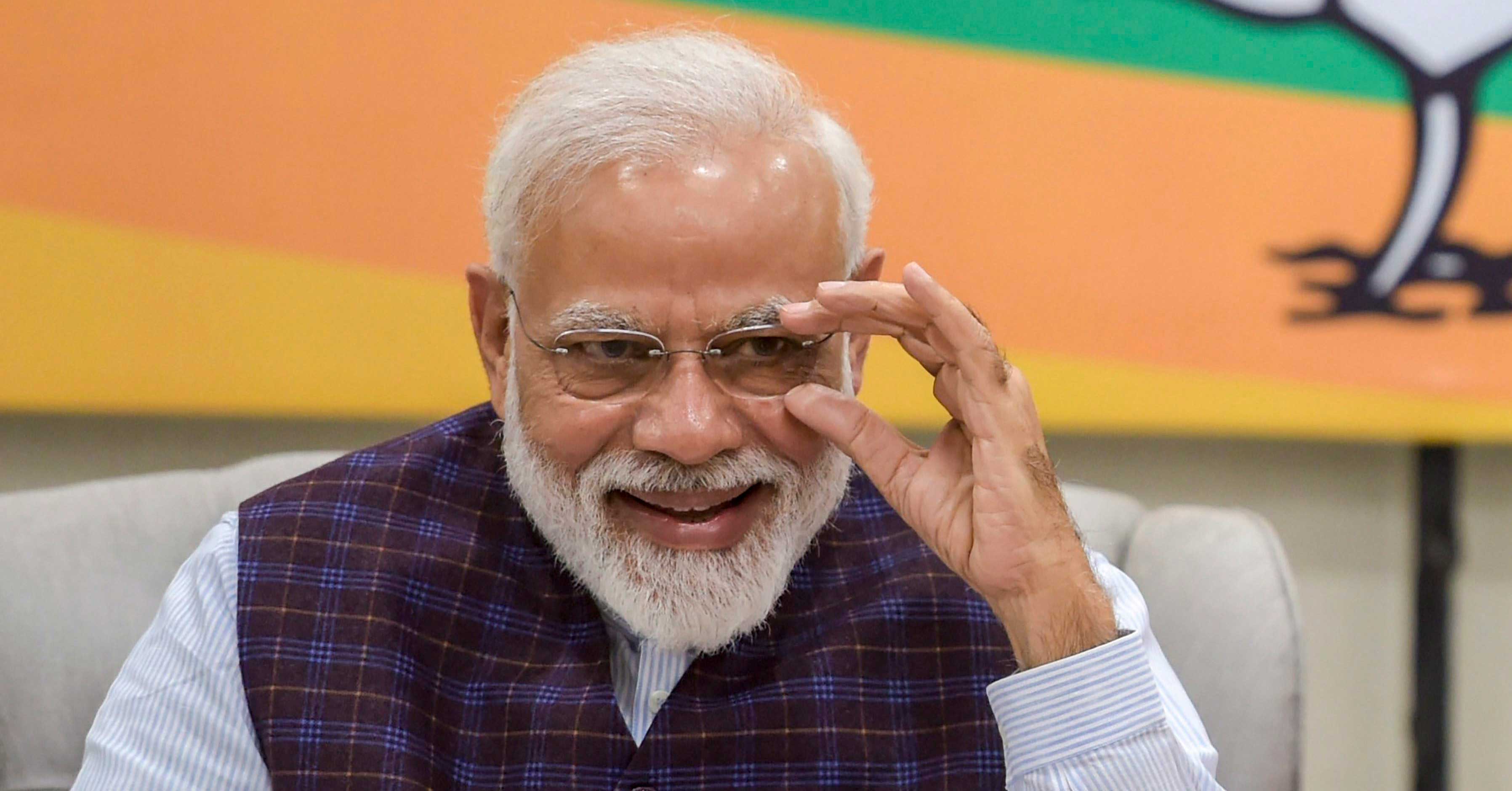The BJP’s central election committee has been burning the proverbial midnight oil to finalise candidates based strictly on their “winnability”, unwilling to take any chances despite efforts to turn the April-May parliamentary elections into a referendum on Narendra Modi.
Individual candidates become redundant if an election is turned into a referendum on a leader — as in a presidential form of election. Voters cast their votes depending on what they feel about the leader — in this case Prime Minister Modi — without taking into account the credibility of the candidate who has been fielded.
But despite the buzz over Modi’s “strong” leadership, BJP sources said party leaders were not sure whether they would win seats merely by seeking votes in his name.
“The candidate will play an important role this time.
Despite Modi’s high popularity, there is no big wave like there was in 2014,” a BJP leader said.
Many candidates widely regarded as weak had won in 2014 riding the Modi wave.
The “winnability” criterion has led to the rare decision by the leadership to drop all the 10 sitting party MPs in Chhattisgarh. Insiders said the decision was based on surveys by professional agencies that suggested that the MPs would all be defeated.
The BJP had suffered a humiliating defeat in the 2018 year-end Assembly elections in Chhattisgarh, a state now ruled by the Congress. The party sources said the surveys had shown that the anti-BJP trend in the state would continue in the Lok Sabha polls but could be contained to an extent if “fresh faces” replaced the sitting MPs. Chhattisgarh sends 11 MPs to the Lok Sabha.
BJP managers said a similar criterion of “winnability” was being followed in other states too and that the party’s central election committee, led by Modi, has sat till 2 in the morning more than once to finalise the names of candidates, based on constituency-wise surveys.
“This criterion was used in the past too but never implemented strictly. Under (national chief) Amit Shah this time, the party is being brutal in chopping off well-known leaders if their winnability is suspect,” a BJP leader said.
If the criterion is applied, it could lead to large-scale dropping of sitting MPs, the party sources said, as was evident from the first list released on Thursday.
The BJP’s central election committee has held three marathon meetings and decided on a large number of candidates. The party announced its first list of 184 candidates on Thursday, including Shah who has replaced L.K. Advani as the party’s nominee from Gandhinagar.
In Uttar Pradesh, where the BJP faces a stiff challenge from the BSP-Samajwadi Party combine, the party could drop as many as half its sitting MPs. The party had swept the heartland in 2014, winning 71 of the state’s 80 Lok Sabha seats.
Party leaders said they hoped to counter the impact of the alliance between Mayawati’s BSP and Akhilesh Yadav’s Samajwadi Party through careful selection of candidates.
Senior leaders like Murli Manohar Joshi, B.C. Khanduri, Bhagat Singh Koshyari and Kalraj Mishra could face the axe, too, the party insiders said. All of them are above 75, the informal retirement age in the BJP.
These leaders, the insiders said, can be dropped under the winnability criterion although the BJP’s parliamentary board, its top decision-making body, has decided that leaders above 75 can contest without expectations of a ministerial or party post.
Some of these leaders, such as former Uttarakhand chief ministers Khanduri and Koshyari and former Union minister Mishra, have come up with voluntary announcements that they wouldn’t contest. But many could be shocked not to find their names.
External affairs minister Sushma Swaraj has already said she wouldn’t contest on health grounds.











